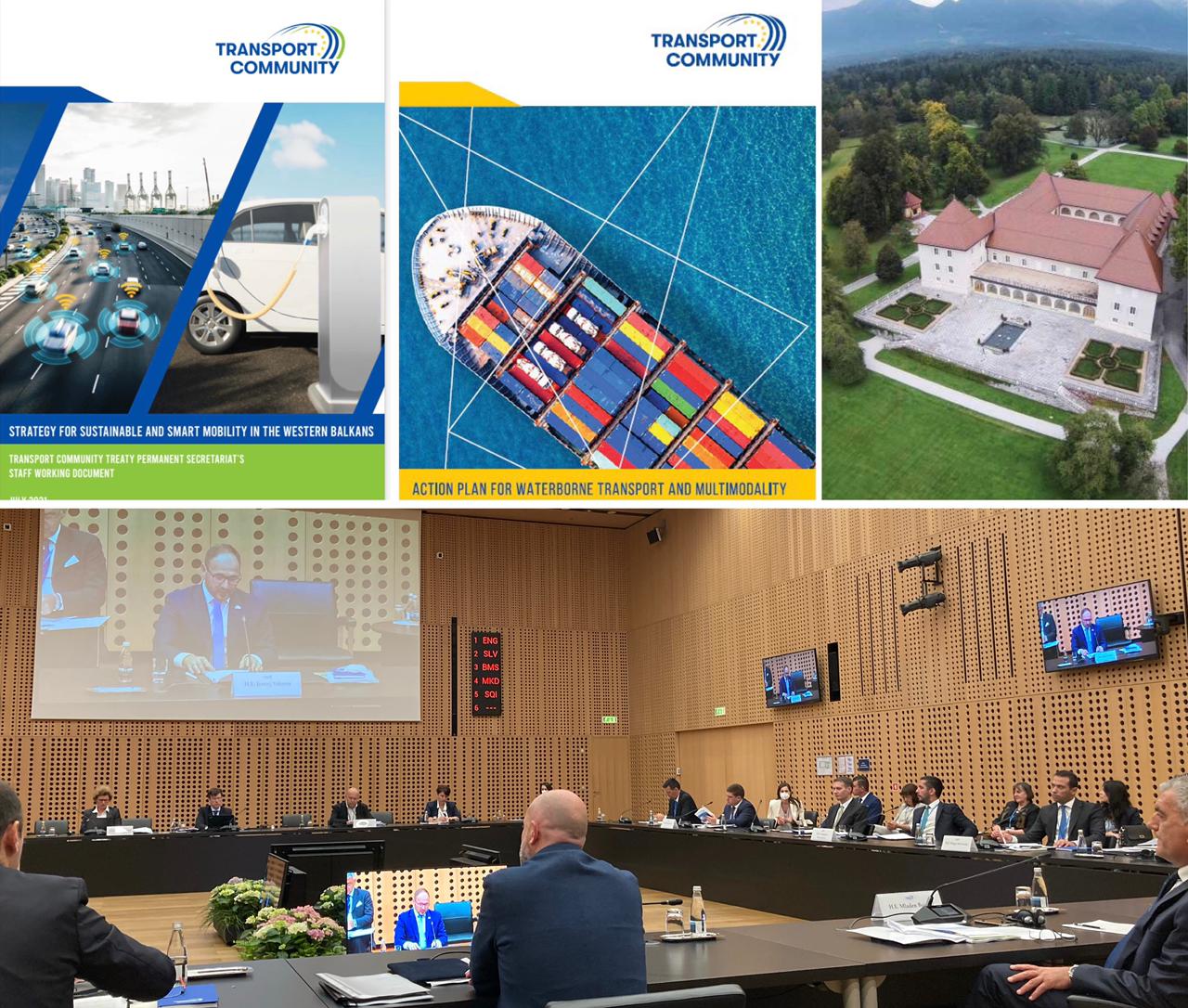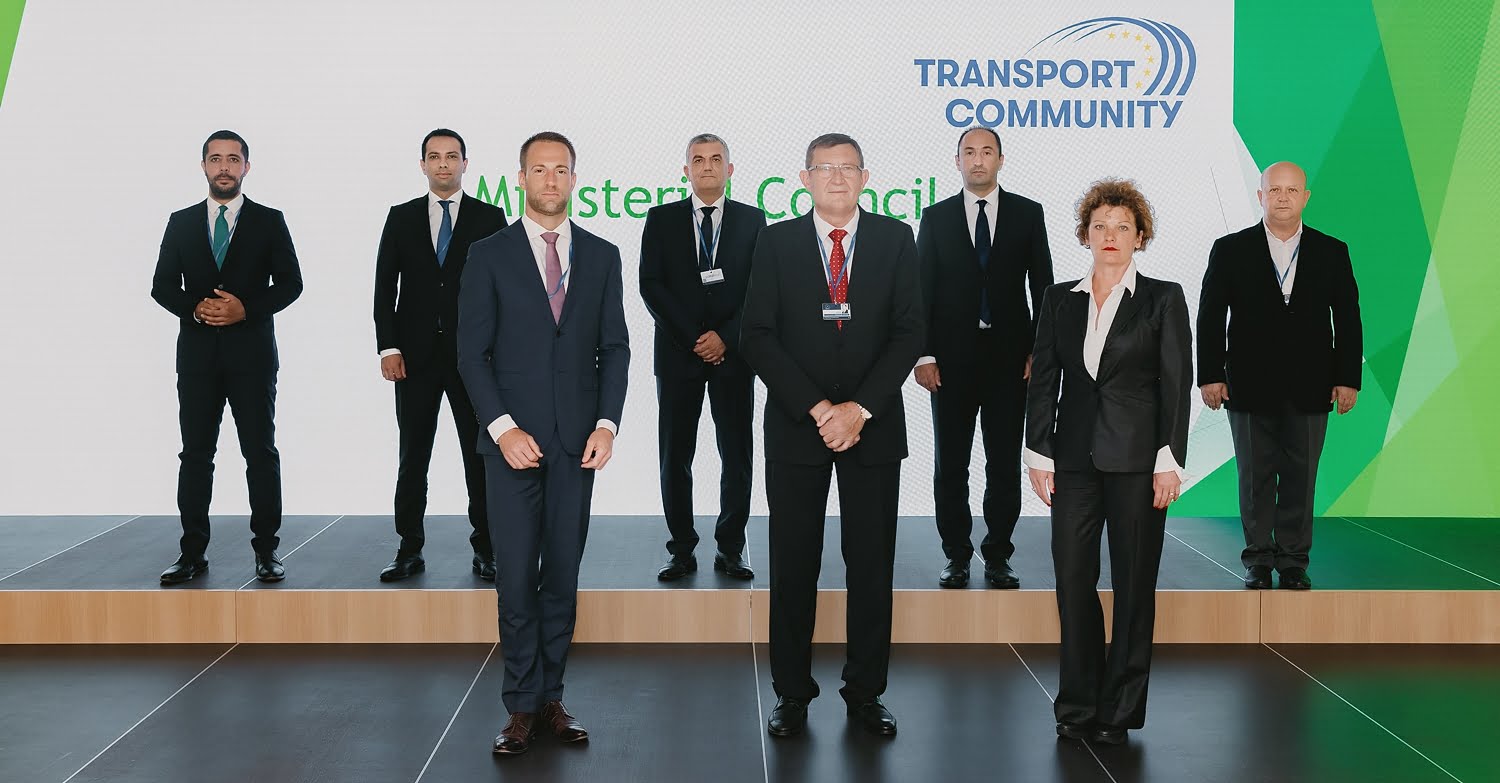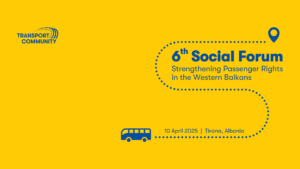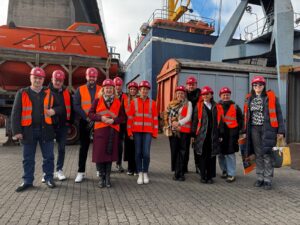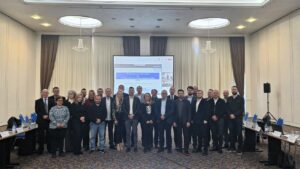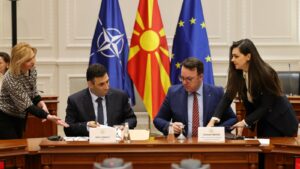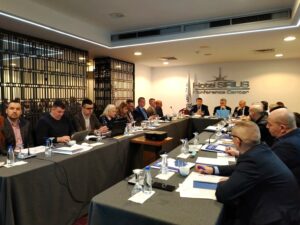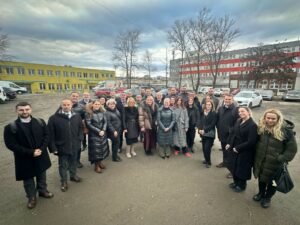“Making transport sustainable and healthier for citizens of Western Balkans”
Monday, 5 July 2021 – 4th Ministerial Council of the Transport Community Permanent Secretariat took place today in Brdo pri Kranju, Slovenia. The meeting, hosted by the Slovenian Presidency of the European Union, gathered ministers of six Western Balkans partners, the European Commission and representatives of EU Member States and the Council was welcomed by the Minister of Infrastructure of Slovenia Mr Jernej Vrtovec.
The main point on the agenda was the endorsement of the Strategy for Sustainable and Smart Mobility for Western Balkans and strengthening cooperation on cross border connectivity in the region and with the EU.
“The region suffers from high levels of greenhouse emissions caused by energy and transport sectors. Transport represents 16% of these emissions. I am pleased that Western Balkans ministers endorsed today the strategic documents that will address these challenges. Our Sustainable and Smart Mobility Strategy for Western Balkans will prave the way to cleaner transport and be one of the key drivers of transport policy in the region. The Strategy will assist our regional partners to develop and strengthen their national strategies – with the final goal to make transport greener, sustainable, and healthier for the citizens of the region,” Transport Community Permanent Secretariat Director Matej Zakonjsek said.
Transport Community’s Action Plan for Waterborne Transport and Multimodality was also endorsed at the meeting. The Action Plan promotes multimodal transport solutions and modal a shift, through targeted policies, including investments in inland waterways and maritime ports Bar and Durrës. By committing to its implementation, the regional participants will together strive towards creating stronger multimodal transport systems and increasing the waterborne dimension of the transport eco system in the period 2021 – 2025.
The meeting in Brdo pri Kranju was also an opportunity to review progress on extension of Green Lanes to the borders between the EU and the Western Balkans. Green Lanes in Western Balkans were established at the beginning of the COVID-19 outbreak to prevent shortages of essential goods and medical equipment. Their launch was one of the most successful examples of regional cooperation, managing to preserve trade flows, not only for economic benefits, but also for effective fight against the pandemic.
Working for the benefit of Western Balkans is also reflected in Transport Community’s dedication to making roads in the region safer together with international partners, most notably Mr Jean Todt, the United Nations Special Envoy for Road Safety, who supported the inauguration of the first phase of Transport Community’s Road Safety Observatory.
As a concrete step to strengthen regional cooperation, governments of Bosnia and Herzegovina and Montenegro signed today an agreement on construction of bridge on River Tara including the connecting border sections, which will connect the Western Balkans region even better.
Background information:
Strategy for Sustainable and Smart Mobility in the Western Balkans

